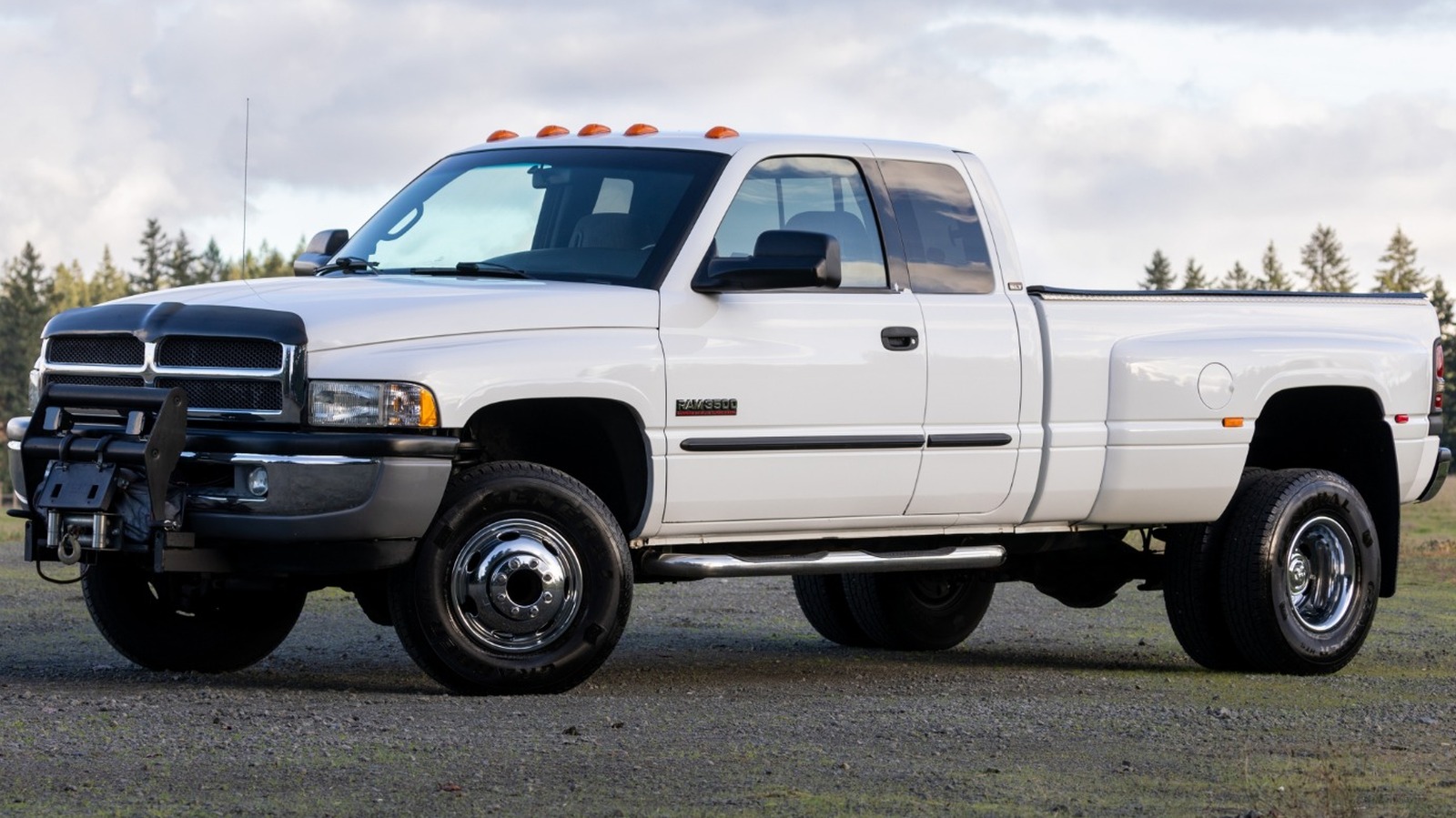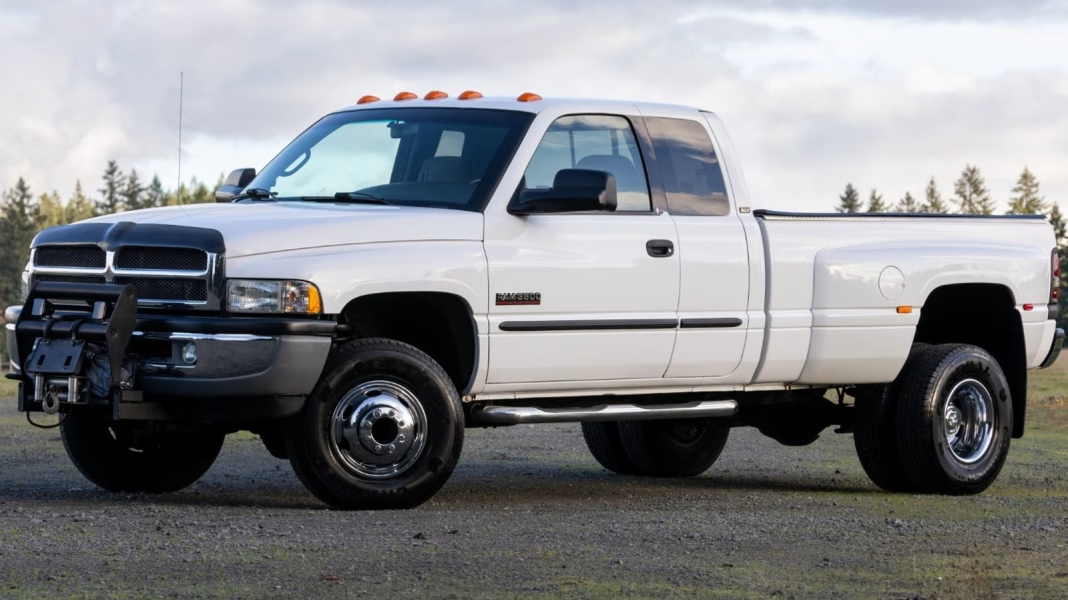Why Do Diesel Engines Outperform Gas Engines for Towing and Hauling?
If you’ve ever watched a heavy-duty pickup pull a massive trailer up a steep grade, you might’ve wondered: why do so many serious haulers swear by diesel? Sure, gas engines are less expensive upfront and usually cost less to maintain. But when it comes to moving serious weight, diesel engines have a clear edge. Let’s dig into what sets them apart—and why it matters when you’re towing or hauling.
What Makes Diesel Engines Deliver More Torque?
Here’s the heart of the matter: torque. It’s the force that gets a load moving from a standstill and keeps it rolling up hills. Diesel engines generate significantly more torque at lower RPMs compared to their gasoline counterparts. This isn’t just a technical detail—it’s the reason why a diesel truck feels so much more confident with a trailer in tow.
The secret lies in how diesel engines burn fuel. They use higher compression ratios and longer strokes, squeezing more energy out of every drop of fuel. The result? More twisting force, right where you need it. For example, a 2024 Ford F-250 Super Duty with a 6.7L Power Stroke diesel cranks out up to 1,200 lb-ft of torque, while the gas version tops out around 468 lb-ft. That’s not a small difference—it’s a game changer when you’re pulling a fifth-wheel or a loaded horse trailer.
How Does Fuel Efficiency Impact Long-Distance Hauling?
Fuel costs add up quickly when you’re hauling heavy loads over long distances. Diesel engines are simply more efficient, often delivering 20-30% better fuel economy under load than similar gas engines. This isn’t just about saving a few bucks at the pump. It means fewer stops, longer range, and less hassle on the road.
A recent study from the U.S. Department of Energy found that diesel pickups averaged 17-20 miles per gallon while towing, compared to 10-14 mpg for gas trucks in similar conditions. Over a cross-country trip, that adds up to real savings—and less time spent searching for the next fuel station.
Why Do Diesels Last Longer Under Heavy Use?
Ask any fleet manager or seasoned RV owner, and you’ll hear the same thing: diesel engines are built to last. Their internal components—think pistons, crankshafts, and cylinder walls—are beefier to handle higher compression. This rugged construction pays off when engines are worked hard, day in and day out.
It’s not uncommon to see diesel trucks clocking 300,000 miles or more with proper maintenance. Gas engines, while reliable, often show more wear and tear under the same heavy-duty use. That’s why you’ll find so many high-mileage diesels still on the road, pulling everything from livestock to construction equipment.
How Do Transmission Pairings Boost Diesel Performance?
Here’s an often-overlooked factor: transmissions. Diesel engines are typically paired with heavy-duty transmissions designed to handle all that torque. These gearboxes offer lower first gears and more robust components, making it easier to get a heavy load moving without stressing the drivetrain.
Modern diesels also benefit from advanced towing technologies—think integrated exhaust brakes, tow/haul modes, and smart shift logic. These features work together to keep things smooth and controlled, especially on steep descents or when maneuvering at low speeds.
Are There Downsides to Choosing Diesel for Towing?
Of course, no engine is perfect. Diesel trucks usually cost more upfront, and diesel fuel can be pricier depending on where you live. Maintenance, while less frequent, can be more expensive when it’s needed. And for folks who only tow occasionally or stick to lighter loads, a gas engine might still make sense.
But if you’re regularly hauling heavy trailers or equipment, the long-term benefits of diesel—better torque, efficiency, and durability—often outweigh the initial investment.
What’s the Real-World Experience of Diesel Owners?
Talk to folks who tow RVs across the Rockies or haul hay bales for a living, and you’ll hear stories of diesels pulling through where gas trucks struggle. There’s a reason commercial fleets and serious towers overwhelmingly choose diesel: the combination of power, reliability, and efficiency just works.
One rancher in Montana put it this way: My diesel pickup’s been pulling cattle trailers for a decade. It’s never left me stranded, and it still pulls like new. That kind of confidence is hard to put a price on.
The big takeaway? Choosing between gas and diesel isn’t about perfection—it’s about smarter adjustments. If towing and hauling are part of your regular routine, a diesel engine can make the job easier, more efficient, and a lot less stressful. Start with one change this week—maybe test drive a diesel or talk to a few owners—and you’ll likely spot the difference by month’s end.


